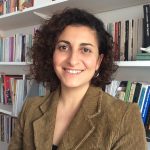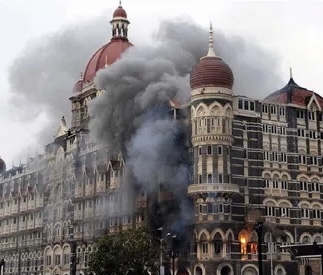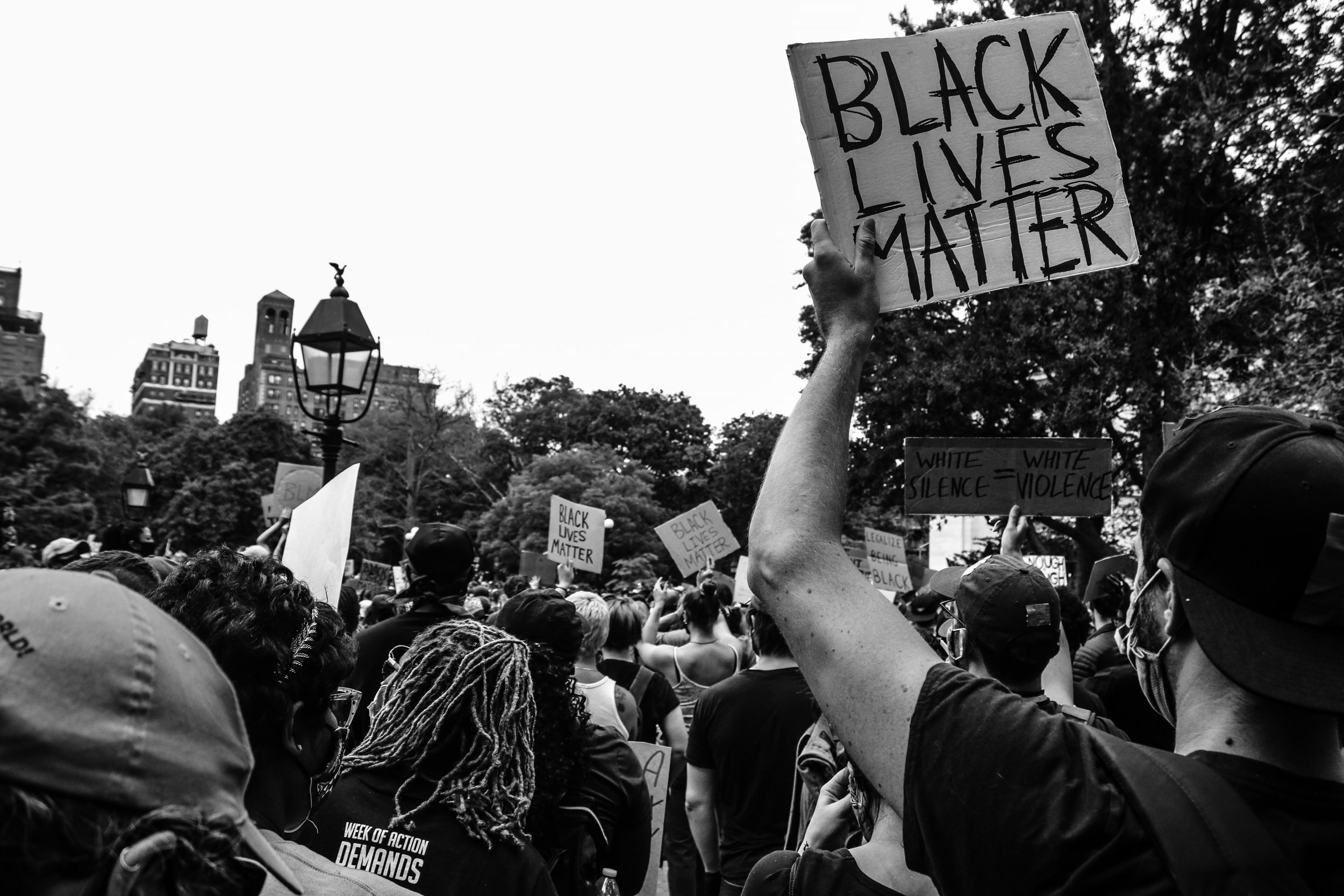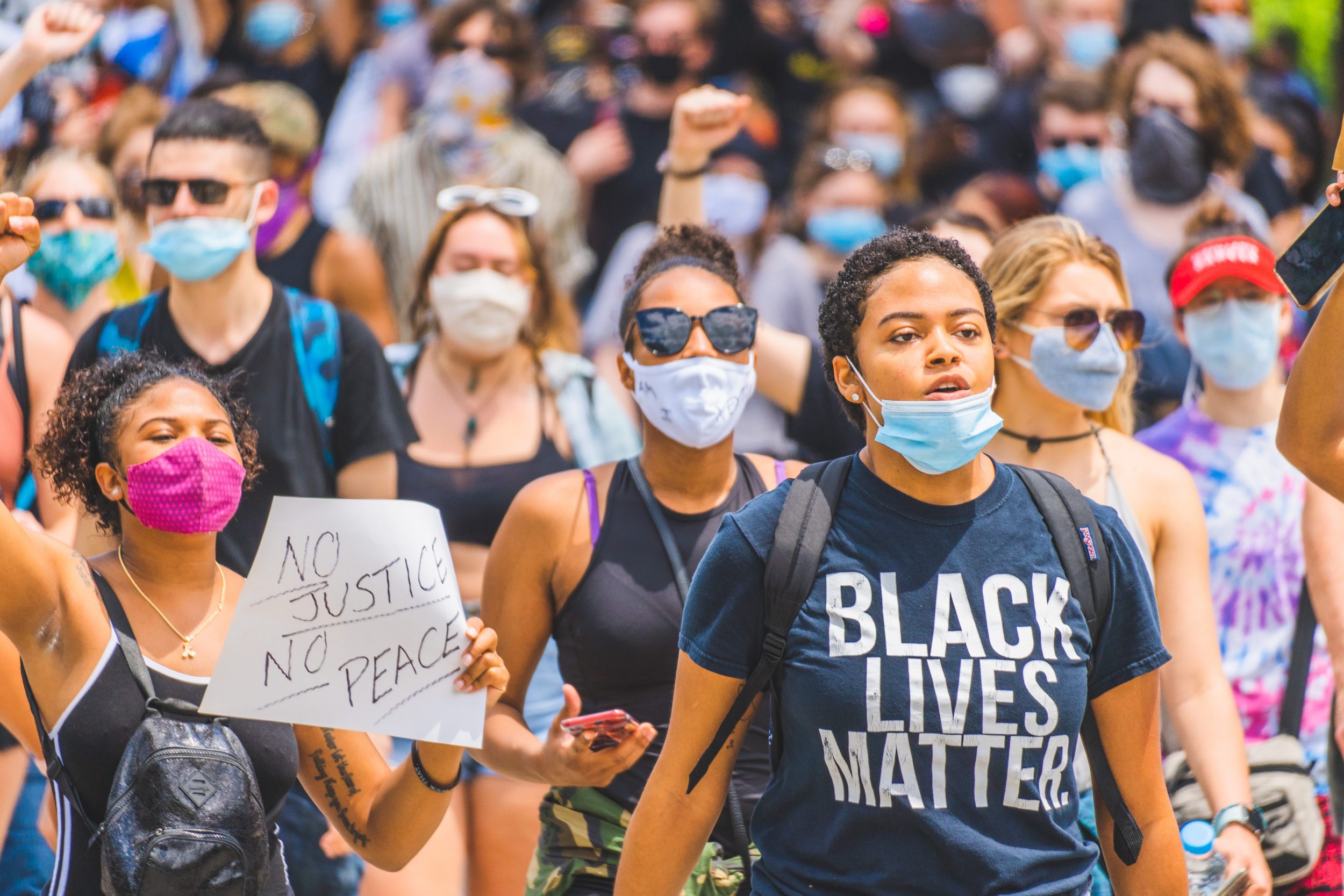 Kübra Zeynep Sarıaslan, a visiting fellow in Contemporary Turkish Studies at LSE’s European Institute, explains the challenges for independent journalists in Turkey posed by the visit of an Armenian leader, and how the principles of peace journalism can be a useful approach on such occasions..
Kübra Zeynep Sarıaslan, a visiting fellow in Contemporary Turkish Studies at LSE’s European Institute, explains the challenges for independent journalists in Turkey posed by the visit of an Armenian leader, and how the principles of peace journalism can be a useful approach on such occasions..
May 2023 was a very long month for Turkey. Presidential elections lasted the whole month due to the run-off. When Recep Tayyip Erdoğan was re-elected at the end, many world leaders lined up to congratulate him, and many countries seem to have expectations from post-election Turkey and its new and former leader Erdoğan. Among these were countries of the South Caucasus, a region often in the world spotlight for its conflicts and military activity. The prime minister of Georgia, Irakli Garibashvili, and the president of Azerbaijan, Ilham Aliyev, already have close ties with Erdoğan. However, it was breaking news to all news outlets in Turkey that Armenian Prime Minister Nikol Pashinyan was also going to attend the ceremony. For independent journalists in Turkey, the visit of an Armenian leader to Turkey after more than a dozen years was an interesting test.
Although it is a neighbouring country with historical significance, Armenia is not a country that journalists in Turkey follow very closely, not even those who cover news about the larger region. Besides, the lack of mutual trust between political authorities hinders journalistic relations. When I talked to a journalist working for the foreign desk of an independent news outlet in Turkey, he said that he had repeatedly asked for a meeting with Pashinyan within last couple of years, but so far, he was neither refused nor accepted. He said this has something to do with trust: “I don’t think it is easy for them either. When an Armenian prime minister talks to a Turkish newspaper, one wrong word coming from his mouth will be a problem…”
Pashinyan, a journalist himself, led the Velvet Revolution in 2018 and then led the new government that ousted Armenia’s long-time rulers. He was re-elected with popular support as a prime minister after snap elections in 2021, even though Armenia was defeated under his administration during the 44-day war with Azerbaijan in Nagorno-Karabakh in 2020. However, Pashinyan set Armenia’s priorities as economic development, sustainable stable relations with neighbours, and democratization of society, rather than global recognition of the Armenian genocide and the maintenance of Armenian sovereignty in Nagorno-Karabakh. Due to these political decisions, as well as his open criticism of the stigmatisation of both Turkey and Turks, Pashinyan has been the target of domestic opposition for some time. Turkey and Armenia have been holding talks for some time to normalise relations. As a result of these contacts, there is a possibility that the two countries are very close to diplomatic recognition for the first time since the Soviet Union collapsed in 1991. Pashinyan’s decision to accept Erdoğan’s invitation to attend the inauguration ceremony shows that Pashinyan is committed to the political position he has pursued so far.
However, the pro-Erdoğan Turkish media covering Pashinyan’s visit fed into the existing political pressures with inflammatory and speculative coverage that might, as feared, put Armenia’s current government in a difficult position. In recent weeks, during a press conference on the ongoing negotiations with Azerbaijan, Pashinyan had said that Armenia was ready to recognize Azerbaijan’s territorial integrity, including Nagorno-Karabakh, but that the rights and security of Nagorno-Karabakh Armenians should be discussed through the Baku-Stepanakert dialogue. State owned Anadolu Agency reported this statement as it is in English, but did not include the conditions on the rights and security of the Armenians in Turkish version of the news. This is already a fault for journalistic ethics yet not very surprising when it comes to conventional media in Turkey nowadays. What about independent media?
Relations between Armenia and Turkey are complicated by the tragic history of the 1915 genocide and the Turkish government’s denial of it, the absence of diplomatic links, a closed land border and politically fostered mistrust and hostility between the communities. There have been several attempts at the state level to normalise diplomatic ties over the last three decades, but none of these have had any meaningful impact. On the other hand, civil society in both countries, especially since the mid-2000s, has tried to improve relations in various fields, including journalism. In this process, peace journalism appeared as a useful tool for conflict transformation, pointing out that reporting in favour of peace is a political and ethical option and underlining that contextual pressures and constraints can in fact be overcome even through individual editorial choices.
Independent journalists define their editorial policy as reporting in a more pro-peace, solution-oriented way rather than something that will further fuel that polarisation. However, in the Turkish news media environment, such editorial choices are possible only through financial independence. In the past years, many opposition journalists have lost their jobs due to political pressure on media owners who have close business ties with the government. Yet dissident journalists experimented with unconventional financial models and have built several independent news media outlets. Utilising the possibilities of online journalism that has been already replacing conventional journalism, journalists working for independent news media report on marginalised people and groups in Turkey whose representations are not available on popular news outlets, and feed alternative public spheres interested in stories represented from various angles and with depth.
Yet, many journalists working for independent news media in Turkey, are not very much aware of the independent news media elsewhere, especially in small countries like Armenia. A journalist from Turkey explains what sources they use while reporting on Armenia: “Armenia is in our foreign news category like any other country. We talk about it in the same way as we talk about it in any other country. When the local media give the number of troops differently, we give it as ‘Armenian media said this, Azeri media said that, and Reuters said that.'” But Armenian independent journalism remains in the margins of information sources for journalists in Turkey. The result of following foreign news predominantly from third sources – even if these sources are the world’s leading news agencies – can be misleading for journalists in Turkey and, naturally, for their audiences.
An example of such confusions is the circulation of a short clip from Erdoğan’s inauguration ceremony on Twitter. The clip shows a newspaper columnist greeting Pashinyan with a handshake and saying, “do not feel yourself alone, you have friends in Turkey”. Meanwhile, the newspaper where this columnist works, a pro-government newspaper with an openly ultranationalist and militarist tone, released a video on its YouTube channel representing Pashinyan’s visit as a one-sided initiative as if he had not received the invitation from Erdoğan and with a subtext that demonises Armenians living in diaspora communities. This video alone hints that there is more than a benevolent gesture in the handshake clip, but some independent journalists celebrated it and congratulated the warm gesture shown towards the antagonised leader of the neighbouring country, which signals a failure in diplomatic reporting.
Armenia is not a “complete stranger” to Turkey – and vice versa. While the Turkish state’s relations with the Armenian state are followed with great curiosity and interest in Armenia, it may seem unfair to expect the same curiosity and interest from Turkish journalists who are dealing with an extremely dynamic and intense agenda of domestic politics. Still, journalists who cannot read between the lines when an Armenian Prime Minister visits Turkey after 14 years cannot take on the task of building the language of peace at a time when peace journalism is most needed in today’s polarised societies.
Following independent news sources that provide in-depth information on their subject of interest could be a good first step for independent diplomacy journalists who genuinely support peace.
The research that resulted in this paper has been funded by the Calouste Gulbenkian Foundation. The views expressed are those of the author and do not necessarily reflect the views of the Foundation. This post does not represent the position of the Media@LSE blog nor of the London School of Economics and Political Science.






A a rich and toughtfully worded insights, by a professional journalist like yourself, which I found unbiased and simply reflecting the factual points, is heartening and for sure hopeful for establishing relations and peace in the region. Thanks